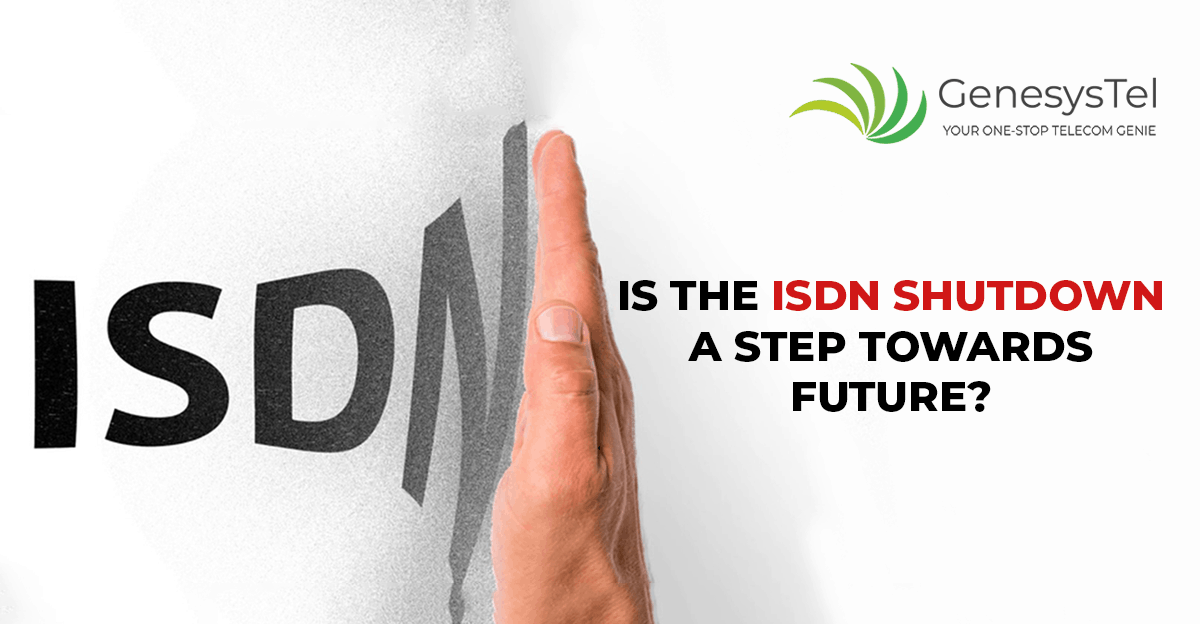The news of the ISDN shutdown has raised a number of speculations in the industry. Many businesses have already started looking for alternatives to stay in the game while some are still unsure about their next move.
However, it is time to get rid of all the anxieties because ISDN shutdown is not as harmful for businesses as portrayed by media. It will change the way have always perceived business telecommunication. Businesses are going to benefit immensely with this new development all over the world.
Let us find out how the death of ISDN legacy will prove the bet for businesses. Here we go:
ISDN shutdown will make you switch to VoIP
VoIP is going to take over after ISDN shutdown. It is easy to set-up and user-friendly. ISDN lacks many features that we are currently enjoying with VoIP. It is likely that most businesses will rely on VoIP for telecommunication.
Cost-saving is one major benefit
After ISDN shutdown, businesses will either move to VoIP or SIP. And both the technologies are way more affordable than that of ISDN. They are cheap to install and manage as compared to installing phone lines and their robust systems.
Loaded with extra features
Post ISDN shutdown era will bring us more features than we can even handle. Until now, businesses were just doing voice callings and conferences but with VoIP, employees can share almost all sorts of files and information in no time. There are more features in the pipeline for VoIP and SIP.
ISDN shutdown will make telecommute possible
Many startups have employees working from remote locations. Alternative technologies such as VoIP in such a scenario will make telecommute for employees effective and fast. And who would not want to use this portable technology for business telecommunications in future?
Alternative technologies are more reliable than ISDN
Technologies such as VoIP are emerging as the best alternative for ISDN today. Even in the case of a poor internet connection, they do not leave you in the lurch. All calls are forwarded to your phone systems in case of poor connection.

